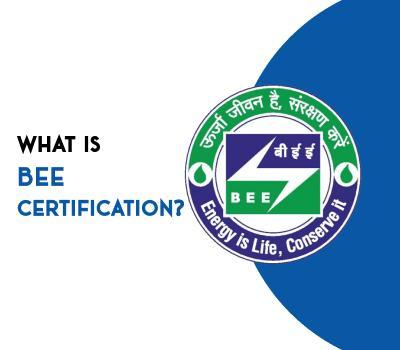What Are The Types Of Cell And Battery Testing?

Cell and battery testing today is essential for energy storage devices. We see how people use batteries in their daily lives for various purposes. If you are a manufacturer of cells and batteries, you must be responsible for ensuring that your products work as expected. Whether it is a simple torch or an advanced electric vehicle, the batteries you manufacture for your consumers must be high quality and durable. If you need cell and battery testing, let’s explore the different types of testing available. Here we go!
Introduction to Cell and Battery Testing
Cell and battery testing is a process of verifying the performance, safety, and longevity of energy storage devices. It includes capacity testing, charge-discharge cycle analysis, safety checks and more. These series of evaluations avoid overheating or leakage of lithium-ion, lead-acid, and nickel-metal hydride (NiMH) based batteries. Cell and battery testing services aim to ensure you can build cells and batteries that meet national and international safety standards.
Battery and cell testing involves checking defects early before launching them. It improves the efficiency of your products and shows trust and credibility in the market. Connecting with the vehicle battery testing provider helps you perform all the essential evaluations. They empower you to maintain a strong and positive presence in the market.
Types of Cell and Battery Testing
When looking for cell and battery testing, you need to make sure you choose the right type of testing service. There are various types of cells and batteries. And each requires specific testing methods. Here are the major types of cell and battery testing that you should know about:
Lithium Battery Testing
This testing ensures the safety and long-term functionality of your lithium-based batteries. A team of testing experts prioritizes evaluating essential factors. They analyse charge and discharge cycles, thermal stability, and physical effects on batteries.
Under standards like UN 38.3 and UL 1642, they can evaluate the durability of your batteries by going through important environmental factors like high temperatures, vibrations, and altitude conduction. Lithium battery testing aims to prevent failures and ensure your batteries meet the lithium cell testing standards and contemporary technologies.
CRS Battery Testing
CRS (Charge Retention and Self-discharge) battery testing under the Compulsory Registration Scheme (CRS) set by the Bureau of Indian Standards (BIS). This battery and cell testing ensures that your lithium-ion, lead-acid, nickel-metal hydride (NiMH), nickel-cadmium (NiCd), and solid-state batteries meet specific safety, performance, and quality standards. That helps you to sell your products confidently to your customers.
ISI Battery Testing
This is one of the essential battery testing types under Indian Standards Institute (ICI) guidelines. Manufacturers of cells and batteries need to meet the necessary guidelines and ensure their products are quality, safe, and high-performance.
ISI battery testing services are crucial for verifying your batteries. That helps you to sell them confidently to various industries such as automobiles and renewable energy systems. ISI testing involves analysing factors like battery life, voltage stability and charge/discharge cycles. If your products pass the test, you are eligible to receive the ISI mark. This will ensure the reliability of your batteries.
Safety Battery Testing
Safety is one of the important aspects of batteries to prevent any hazards. Safety battery testing ensures small and large battery and electric vehicle manufacturers meet the safety standards. This testing involves many tests to ensure the safety and longevity of your batteries. A specialized team of vehicle battery testing performs a range of tests. They perform battery protection and short-circuit testing to ensure your batteries can withstand electrical faults and overheating.
Safety battery testing enables the analysis of the thermal stability and vibration resistance of energy storage devices. That helps manufacturers create safe and credible batteries to prevent hazards like overheating, leakage, or explosions. You can test your cells and batteries and sell your products safely in the market with peace of mind.
Quality Battery Testing
This testing ensures that batteries meet reliability and safety standards. A talented team evaluates your batteries across various parameters such as capacity, energy efficiency, cycle life, and resistance. This allows you to analyze how your battery performs under different conditions. Your products need to go through real-world scenarios. And temperature changes, heavy loads, and long-term usage. Quality battery testing identifies weaknesses in your batteries and addresses them before they are sold to your customers and businesses.
Battery Testing Techniques and Equipment
Battery testing requires having advanced testing labs with proper equipment. When you connect with the best battery testing service providers, they have their skilled professionals armed with cutting-edge equipment. They ensure rigorous testing to meet national and international standards of safety. Here is a list of some prominent equipment that you need to require when performing battery testing:
- Environmental Test Chambers: Environmental testing helps in testing the battery in extreme conditions to assess the durability and performance of your products.
- Digital Multimeters (DMMs): This measures voltage, current, and resistance to check battery health and efficiency.
- Battery Analyzers: This helps you to evaluate battery capacity, internal resistance, and overall performance for quality assurance.
- Power Cycling Equipment (Charge/Discharge): With the help of this equipment, you can test your battery lifespan by repeatedly charging and discharging under controlled conditions.
- Impact, Nail, and Crush Testers: It assess battery safety by simulating physical stress conditions like punctures and mechanical damage.
- X-ray Machines: It allows you to inspect internal battery components for defects, ensuring structural integrity and safety compliance.
Bottom Line
Battery development is a priority for manufacturers in every industry. Cell and battery testing is a great approach to maintaining quality and efficiency in your products. You can seek help from a battery testing provider. That will ensure your products are working and performing as intended.
Industries like automobile storage rely on these testing services for reliable batteries. Since faulty batteries can cause safety hazards, this is why cell and battery testing are the main requirements for manufacturers to provide high-quality and long-lasting batteries for their consumers. We hope this guide helps you to understand the types of cells and battery testing and encourages you to explore other aspects of testing as well.
Categories
Related Blogs
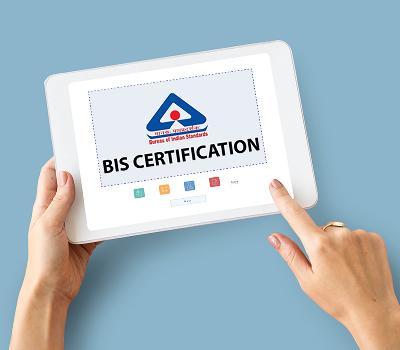
BIS Certification: Process, Types and Validity
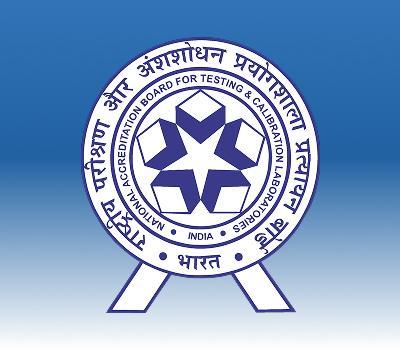
Advantage and Disadvantage of NABL Accreditation

Best BEE Testing Laboratory in India
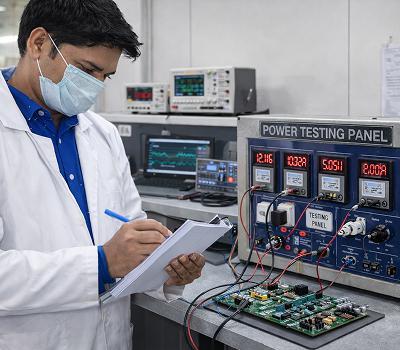
Best BIS Approved Laboratory in Chennai
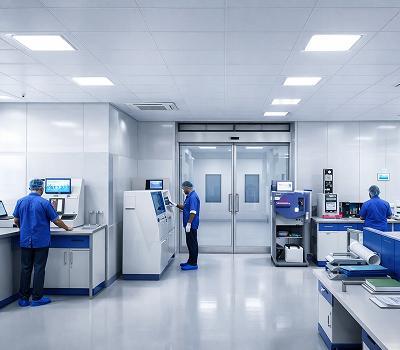
NABL Accredited Labs in Chennai

Best Testing Laboratory in Delhi

Best Testing Laboratory in India

BIS Certification for Electric Noodle Makers IS 302 (Part 1): 2024
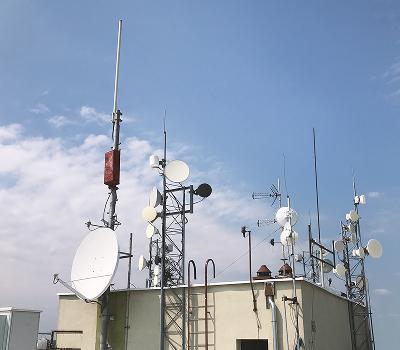
Telecommunications Equipment Testing Solutions
